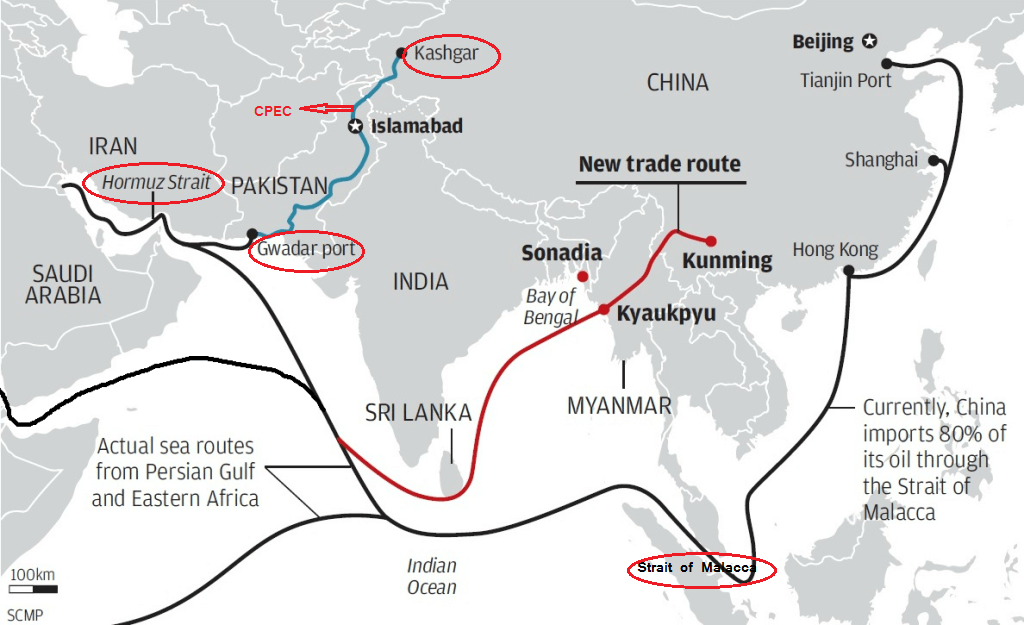7667766266
enquiry@shankarias.in
What is the issue?
What is India's proposal in this regard?
Why is China shielding Azhar?
Why is CPEC crucial for China?

Source: Indian Express